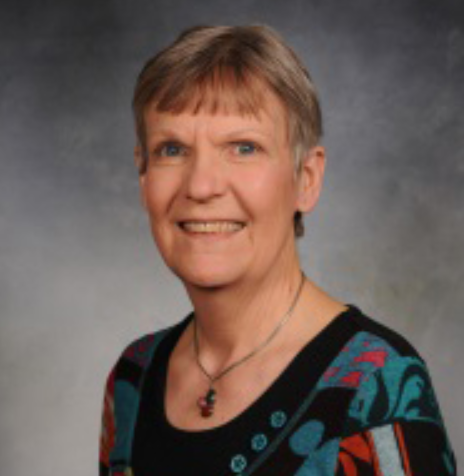
It’s no secret that as we age our senses decline. This is normal and is called age-related sensory decline. Earlier this week I had the opportunity to share the educational program “Gray for a Day” with a group of high school students in their human development class. My presentation provided the young people with an “aha” moment as they thought about family members experiencing losses. I also used my time with them to share my thoughts on living a healthy lifestyle to push back these signs of aging.
The “Gray for a Day” kit contained glasses which simulated what it would be like to have macular degeneration, diabetic retinopathy, cataracts or glaucoma. Participants who kept the glasses on while doing the rest of the exercises were challenged to do simple tasks like counting out pills (we used beads) to put in a medicine dispenser. I also had the students tape a couple of their fingers together to simulate the stiffness that is experienced with arthritis. Tying a piece of yarn around their partners wrist was no small task when they couldn’t bend fingers.
Ear plugs in their ears and part of a cotton ball in their nose affected their sense of hearing and smell. Breathing through a straw helped participants see what it would feel like if they experienced decreased lung efficiency such as COPD.
The group of high school students stayed engaged throughout the activity. In evaluations I had them fill out, they indicated that it tested their patience. Several others noted they could see how hard it was to do simple functions when people age.
The PowerPoint presentation I opened with, highlighted that beginning in the mid-40’s throughout the 70’s, the senses of hearing, vision, touch, taste and smell begin to decline. However, I pointed out that while sensory decline is normal with increasing age, not everyone will experience it and those who do will experience it in different ways. Many older people adjust quite well and are able to compensate for their sensory losses.
A goal of this program was to help participants develop skills necessary to support someone who may be experiencing age-related sensory and functional challenges. A bonus was to help the students understand how taking steps to improve or maintain their health now will contribute to sensory and functional well-being in the future. Reminding them that their choices of food and exercise now could make a huge difference in the future is the key.
For more information about adult development and aging resources please feel free to give me a call or send an e-mail!
Donna Krug is the District Director and Family & Consumer Science Agent with K-State Research and Extension – Cottonwood District. You may reach her at: (620)793-1910 or dkrug@ksu.edu






